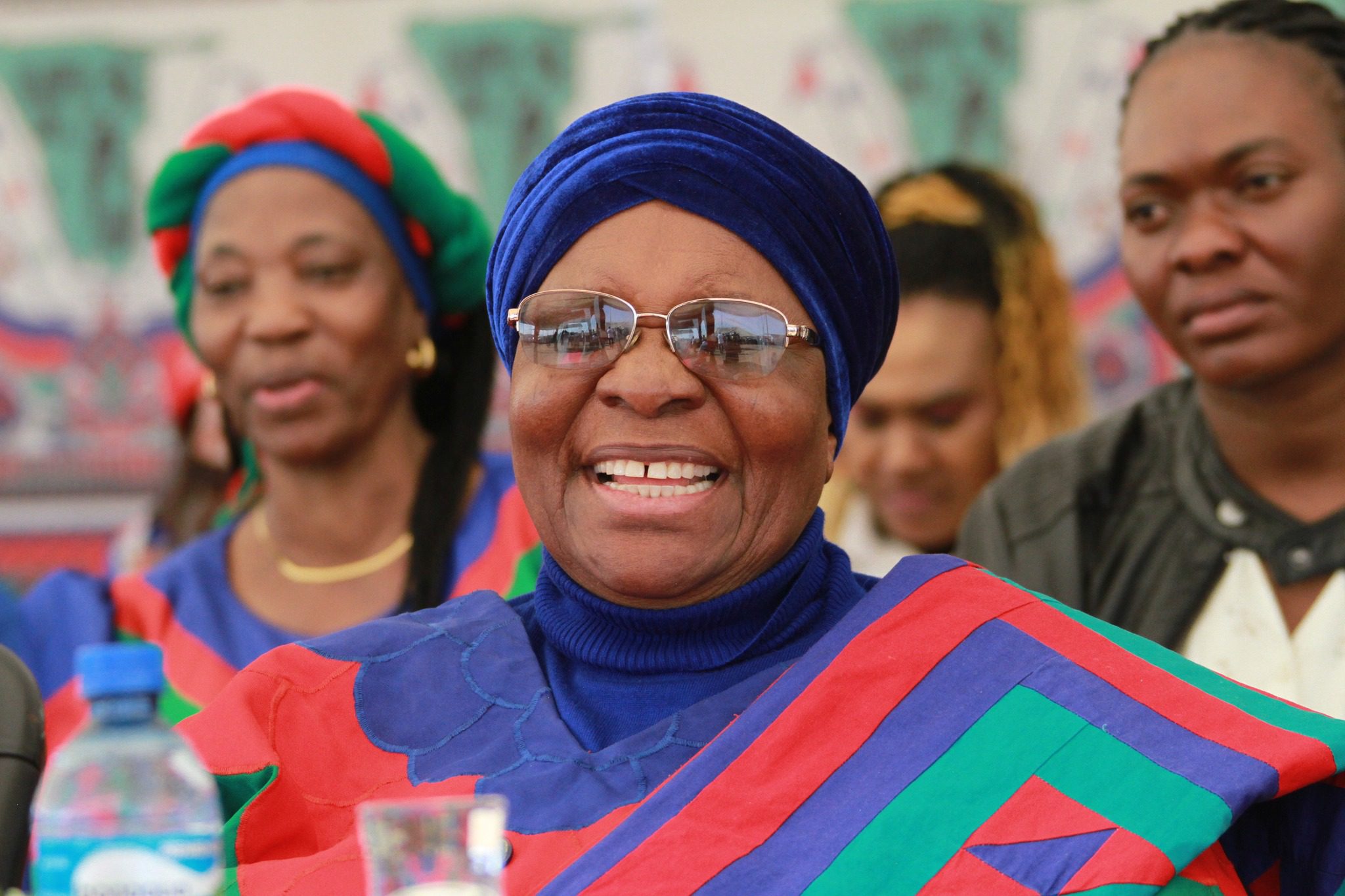Netumbo Nandi-Ndaitwah makes history as Namibia’s first female president

Namibia has entered a new chapter in its political history, electing Netumbo Nandi-Ndaitwah as the country’s first female president.
The current vice-president secured a decisive victory in the presidential race, earning 57.31% of the vote, according to official results released Tuesday evening.
The ruling South West Africa People’s Organisation (Swapo), in power since Namibia gained independence in 1990, solidified its dominance by propelling Nandi-Ndaitwah to the highest office.
While voter turnout was robust, the election was marred by irregularities that forced the extension of voting periods.
Opposition’s Claims of Irregularities
Panduleni Itula, Nandi-Ndaitwah’s closest rival and leader of the Independent Patriots for Change, garnered only 25.50% of the vote.
His campaign had been vocal about alleged electoral malpractice, branding the process a “sham election.”
Despite the opposition’s accusations, provisional results covering 92% of ballots confirmed a commanding lead for Nandi-Ndaitwah, with over 58% of the vote at one point.
A Contentious Election Process
The election process faced challenges, with polling stations reopening on Friday, November 29, after logistical issues on the initial voting day.
This unusual move was aimed at giving voters a second opportunity to cast their ballots in the southern African nation.
The opposition, however, remained unsatisfied, accusing the government of orchestrating a flawed process.
“This is a simulacrum of democracy,” they declared, raising concerns over the legitimacy of the outcome.
A Milestone for Namibia
Despite the controversies, Nandi-Ndaitwah’s victory marks a significant milestone for Namibia and the wider region.
Her leadership promises to shape the nation’s political future, even as questions about electoral integrity linger.
As Namibia celebrates this historic first, the focus now shifts to addressing the political divisions exposed during the election and reinforcing the country’s reputation as a beacon of democratic stability in Africa.
About The Author
dailymailafric
I am an avid African news observer, and an active member of Daily Mail Africa.
I’m Passionate about staying informed on diverse topics across the continent,
I actively contribute to publishing on political, economic and cultural developments in Africa.



